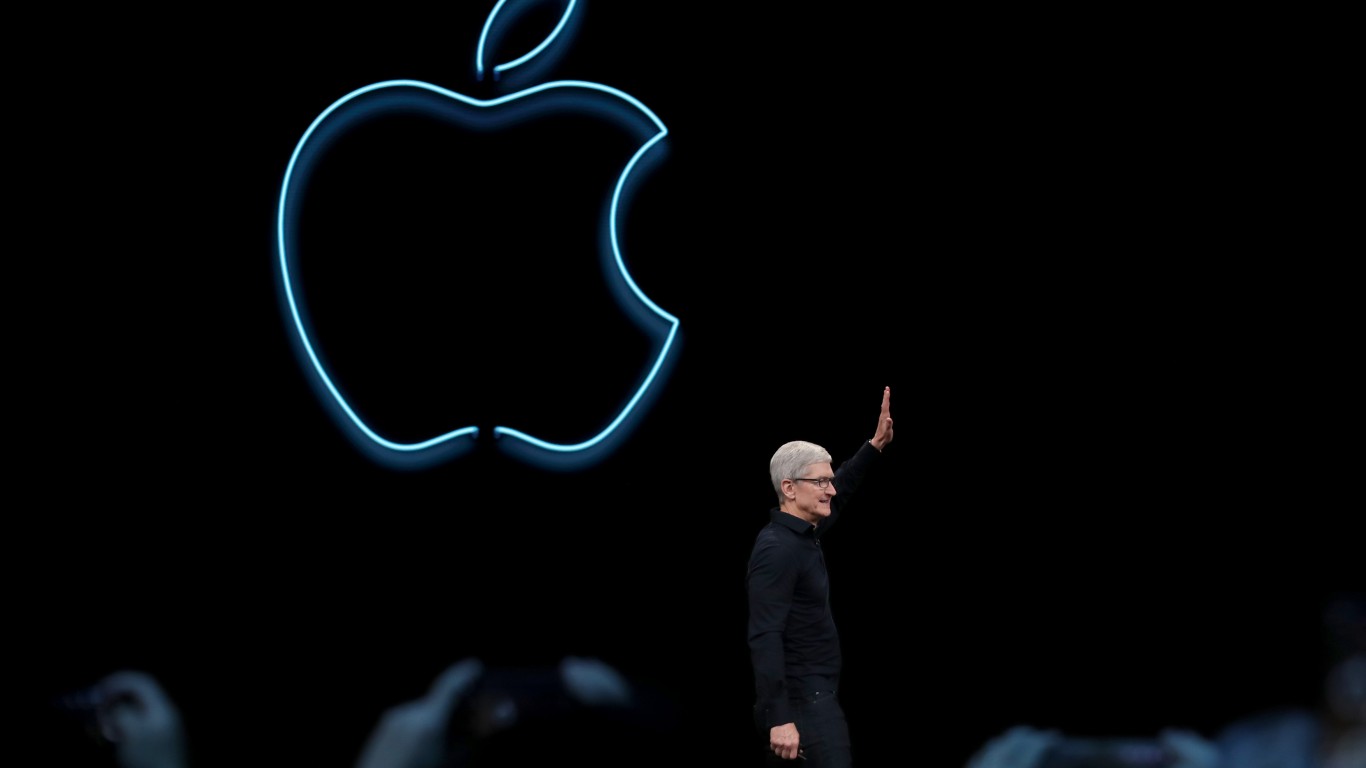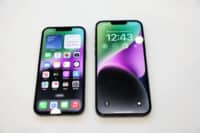
In a press release Tuesday afternoon, Apple Inc. (NASDAQ: AAPL) said it had filed a lawsuit against Israel-based spyware maker NSO Group, “seeking a permanent injunction to ban NSO Group from using any Apple software, services, or devices.” The suit was filed in the Federal District Court for the Northern District of California.
The U.S. Department of Commerce added NSO Group to its so-called entity list (aka, blacklist) earlier this month. The designation restricts exports of U.S. hardware and software to the company.
The government of Israel, according to the New York Times, “considers [NSO] software a crucial element of its foreign policy and is lobbying Washington to remove the company from the blacklist.”
Facebook/Meta sued NSO in 2019 for targeting users of the company’s WhatsApp platform. The Ninth Circuit Court of Appeals rejected NSO’s request for dismissal one week after the blacklisting.
The first words in Apple’s 22-page complaint set the tone for what follows:
Defendants are notorious hackers—amoral 21st century mercenaries who have created highly sophisticated cyber-surveillance machinery that invites routine and flagrant abuse. They design, develop, sell, deliver, deploy, operate, and maintain offensive and destructive malware and spyware products and services that have been used to target, attack, and harm Apple users, Apple products, and Apple.
Apple’s recent charm offensive related to its users’ security takes center stage in its argument:
Apple has prioritized and invested heavily in privacy protection and security features. Apple’s best-in-class privacy and security features are the result of massive investment and years of effort to engineer and then consistently improve the company’s operating systems, and industry-leading processes to identify vulnerabilities and rapidly deploy security patches that protect Apple customers. As a result, Apple is synonymous with security; indeed, iPhone has continuously defined the state-of-the-art in security protections.
Here’s how NSO Group has harmed Apple, according to the complaint:
NSO’s malicious activities have exploited Apple’s products, injured Apple’s users, and damaged Apple’s business and goodwill. NSO’s malicious products and services have also required Apple to devote thousands of hours to investigate the attacks, identify the harm, diagnose the extent of the impact and exploitation, and develop and deploy the necessary repairs and patches to ensure that Apple servers, products, platforms, applications, and experiences remain safe and secure for more than a billion individuals and entities who comprise the global Apple community.
The lawsuit seeks relief on four counts: violations of the Computer Fraud and Abuse Act; violations of the California Business and Professions Code; breach of contract; and unjust enrichment. In addition to permanent injunctive relief, Apple is also seeking compensatory and punitive damages, and disgorgements of NSO’s profits from the company’s allegedly illegal conduct. The docket number is 5:21-cv-09078-NC.
Briefly noted:
In connection with the lawsuit, Apple also said it is notifying “the small number” of its users that have been targeted by NSO software.
The feature that enables iPhone and Apple Watch users to add a driver’s license or state ID to Apple Wallet was due out by the end of this year. MacRumors reported Tuesday that the introduction of the feature has been delayed until early next year. Maybe the eight states where the feature would first be introduced are pushing back on having to pay all the costs of implementing and maintaining the system.
Nikkei Asia reported Wednesday morning that Apple plans to drop Qualcomm modem chips from the iPhone beginning in 2023 and instead use chips of Apple’s own design made by Taiwan Semiconductor using 4-nanometer technology.
Apple seems to sell a lot of stuff that costs $19. Ever wondered why? The Wall Street Journal has the story.
Thank you for reading! Have some feedback for us?
Contact the 24/7 Wall St. editorial team.





